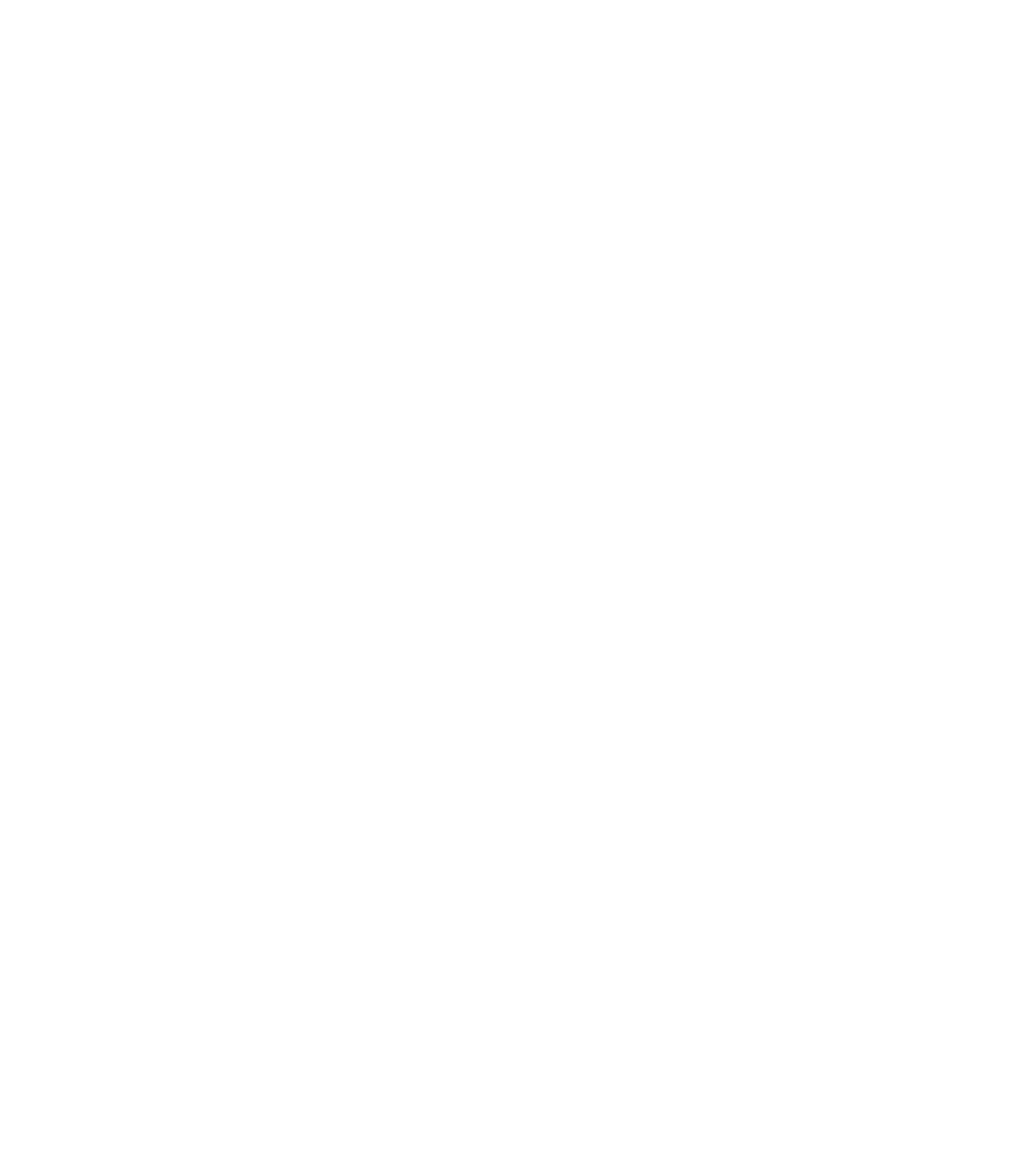Panic attacks can be an overwhelming and distressing experience for those who suffer from them. It's also important to remember that panic attacks can be triggered by a variety of factors. While professional treatment is essential, there are also natural remedies for panic attacks that can help manage and alleviate symptoms. In this article, we will explore various relaxation techniques, herbal supplements, and lifestyle changes that can help manage panic attacks. We'll also discuss the potential benefits and risks associated with these remedies.
Relaxation Techniques
One of the most effective ways to manage panic attacks is through relaxation techniques. These methods help to calm the body and mind, reducing the intensity of panic attack symptoms. Relaxation techniques, such as deep breathing exercises and progressive muscle relaxation, can help calm the body and mind during a panic attack.Deep Breathing Exercises
Deep breathing exercises can help to slow down the rapid breathing that often occurs during a panic attack. By focusing on taking slow, deep breaths, you can help to calm your nervous system and reduce the severity of the attack.- Find a comfortable position, either sitting or lying down.
- Close your eyes and take a slow, deep breath in through your nose for a count of four.
- Hold your breath for a count of four.
- Exhale slowly through your mouth for a count of four.
- Repeat this process until your breathing becomes slower and more regular.
Progressive Muscle Relaxation
Progressive muscle relaxation (PMR) is another effective relaxation technique that can help to ease the tension that often accompanies a panic attack. PMR involves tensing and relaxing different muscle groups throughout the body to release tension and promote relaxation.- Find a comfortable position, either sitting or lying down.
- Starting with your toes, tense the muscles in your feet for five seconds, then release the tension.
- Move up to your calf muscles, tensing and relaxing them in the same way.
- Continue this process, working your way up the body, until you have tensed and relaxed all major muscle groups.
Mindfulness Meditation
Mindfulness meditation can also be helpful in managing panic attacks. By focusing on the present moment and observing your thoughts and feelings without judgment, you can cultivate a greater sense of calm and control.- Find a quiet space and sit comfortably with your back straight.
- Close your eyes and take a few deep breaths.
- Bring your attention to your breath, noticing the sensation of the air entering and leaving your body.
- If your mind begins to wander, gently bring your focus back to your breath.
- Practice mindfulness meditation for 10-20 minutes daily to help manage panic attacks.

